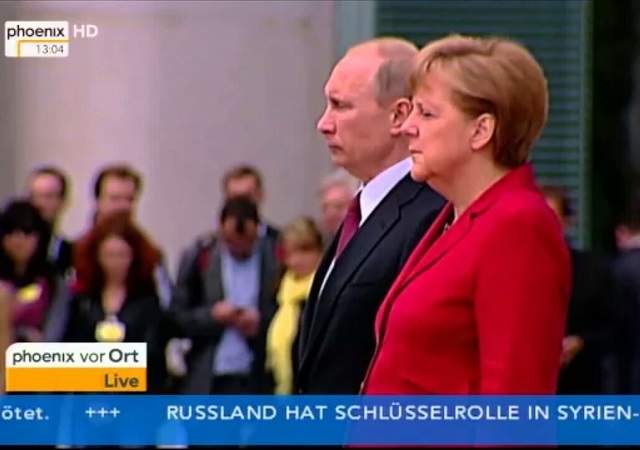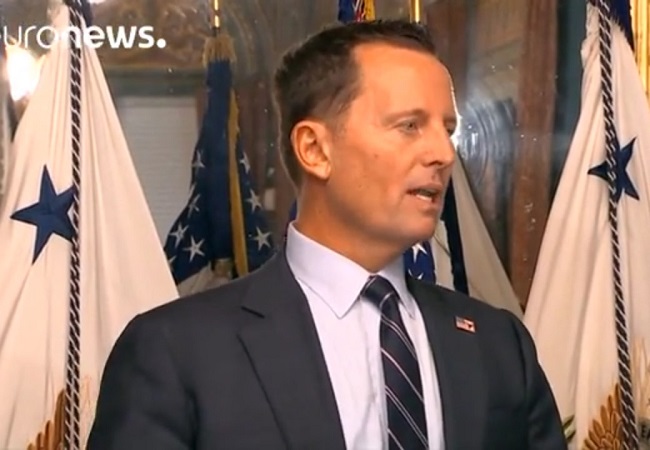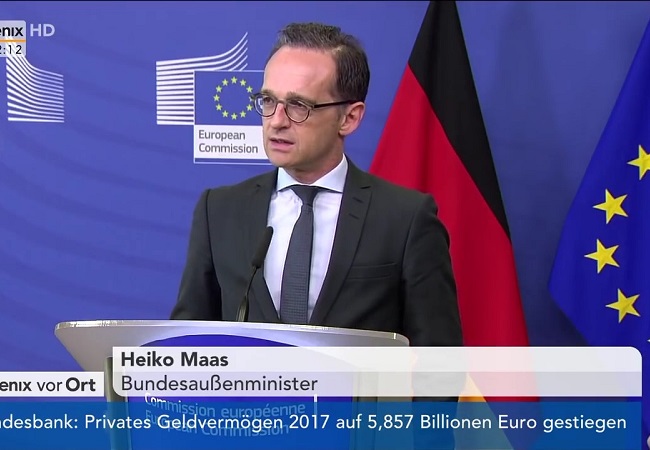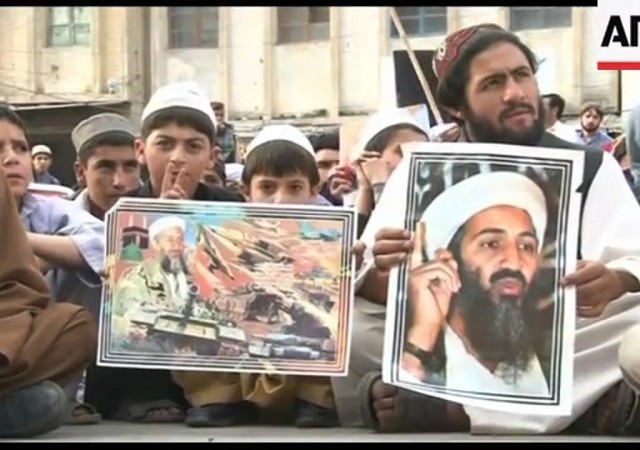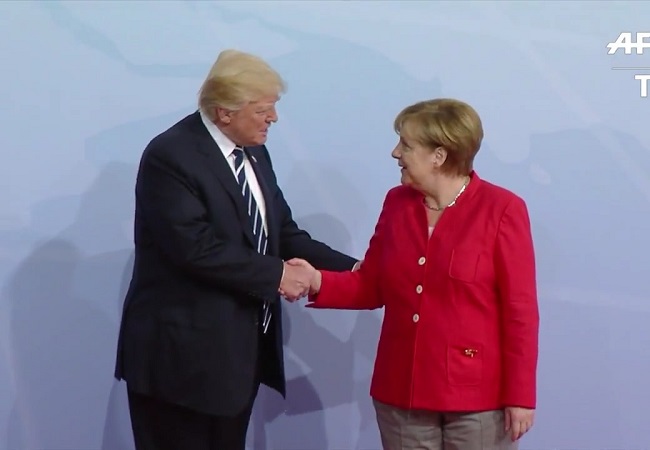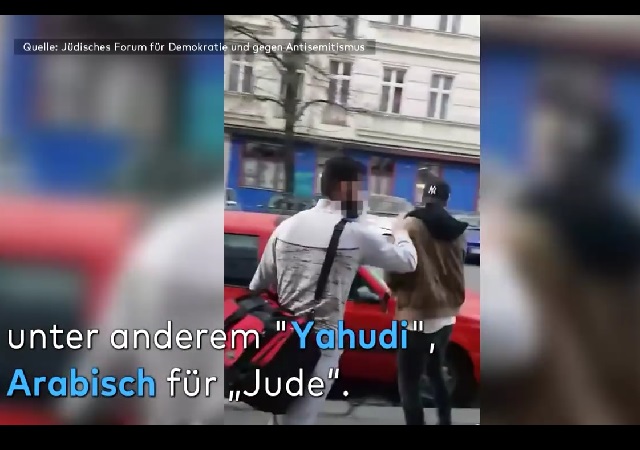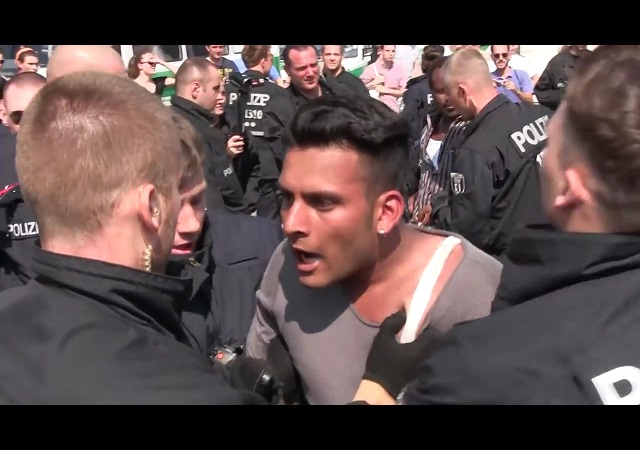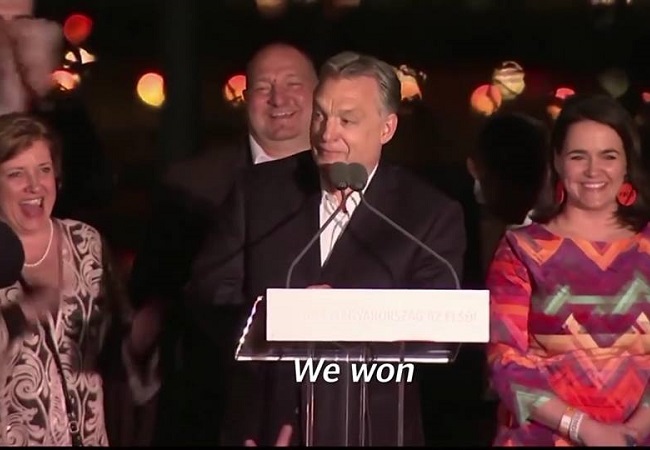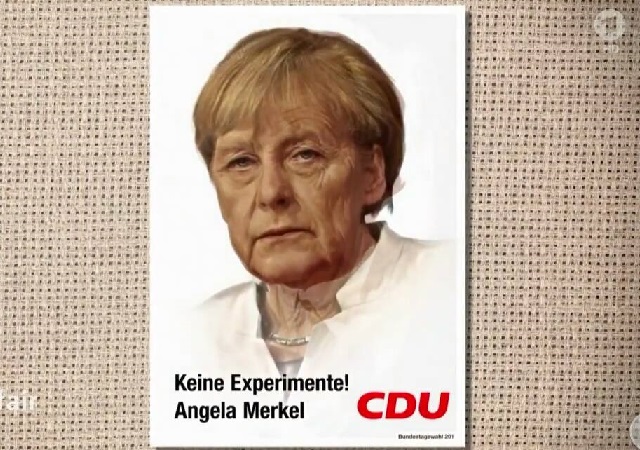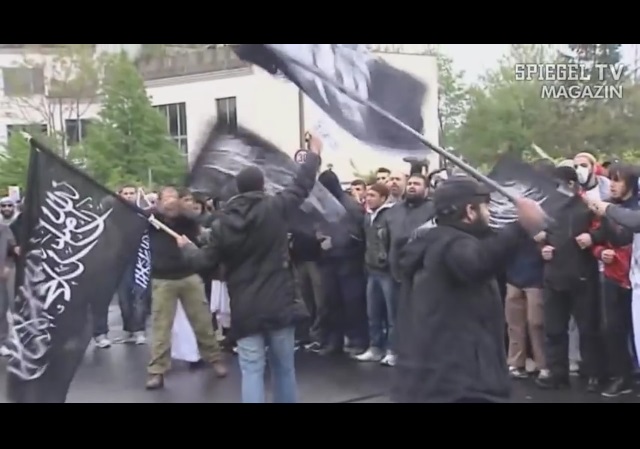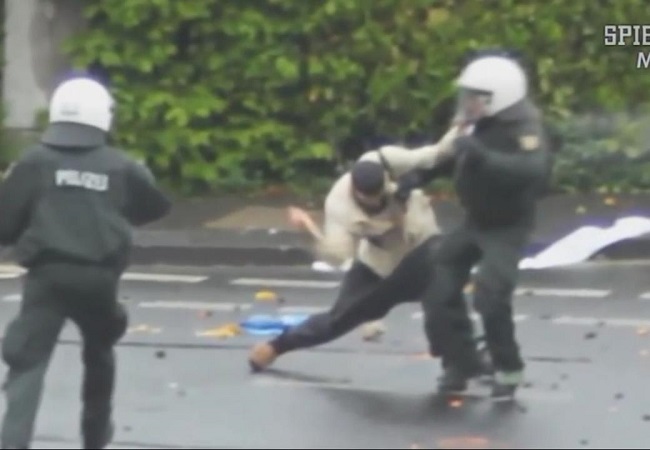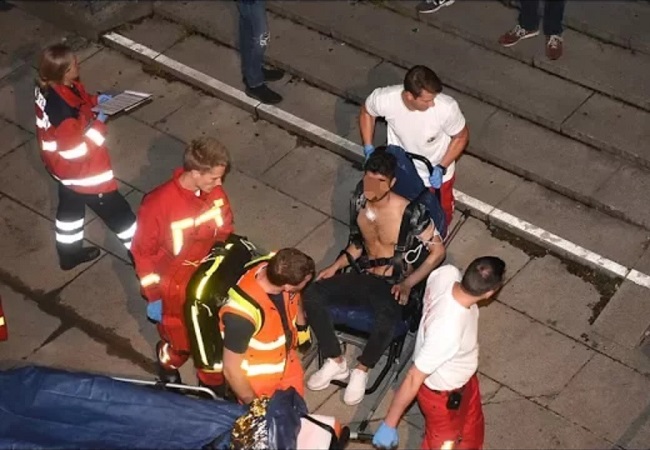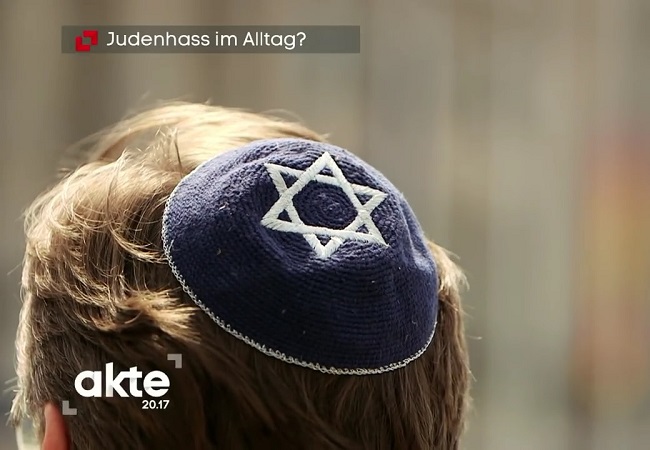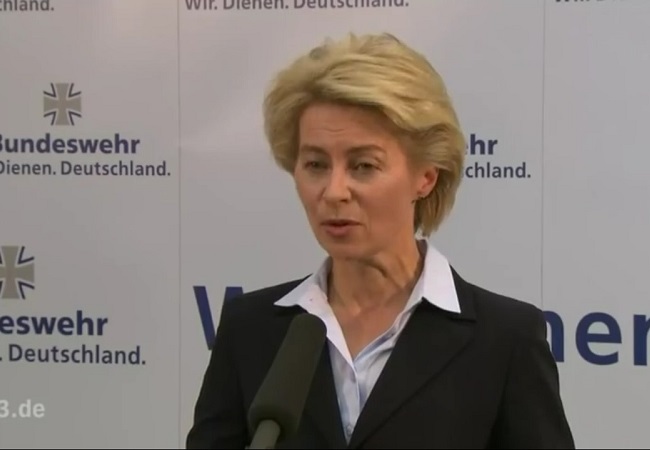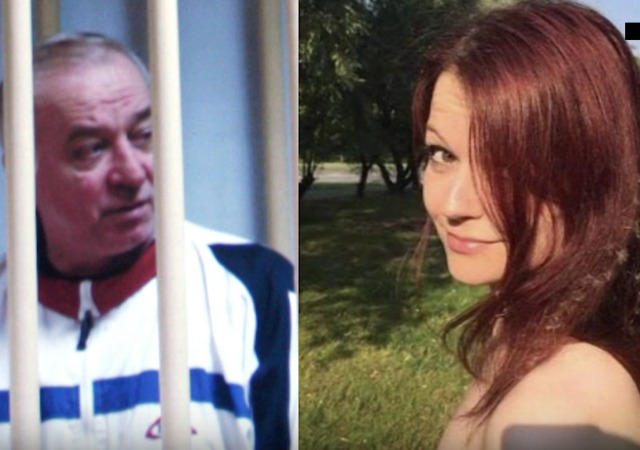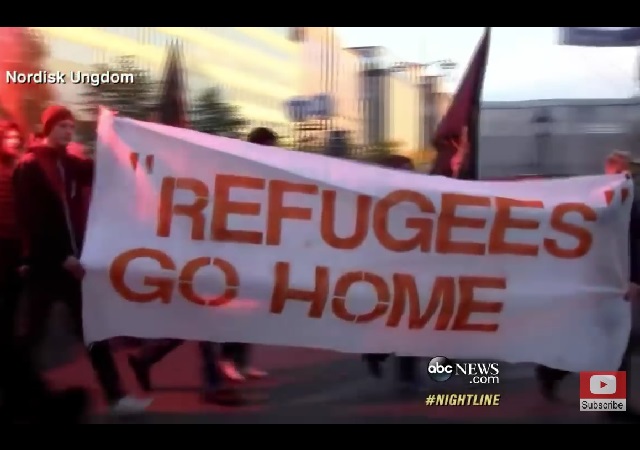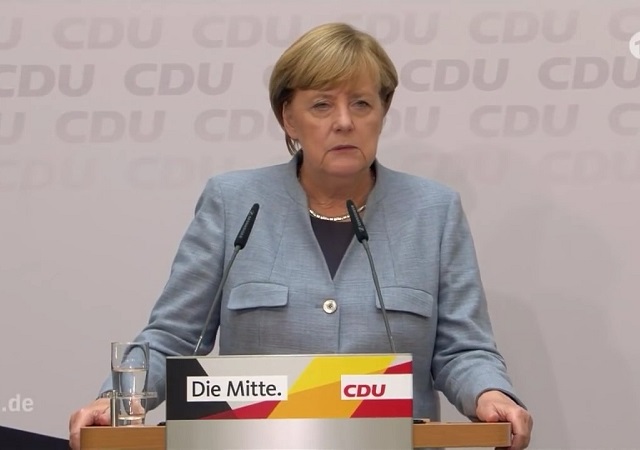Merkel Teams Up with Putin to Save Iran Deal
on May 11, 2018
51 Comments
Days after U.S. President Donald Trump's decision to walk away from the Iran nuclear deal, Germany has joined hands with its arch-rival Russia in order to rescue the troubled agreement. As part of a diplomatic campaign to rally support for the agreement, German Chancellor Angela Merkel dispatched Foreign Minister Heiko Maas to Moscow on Tuesday.
"Iran deal crisis triggers rare show of unity between Moscow and Berlin," commented Germany's state-run DW News. "Both Germany and Russia believe the deal should remain in force," the broadcaster added.

